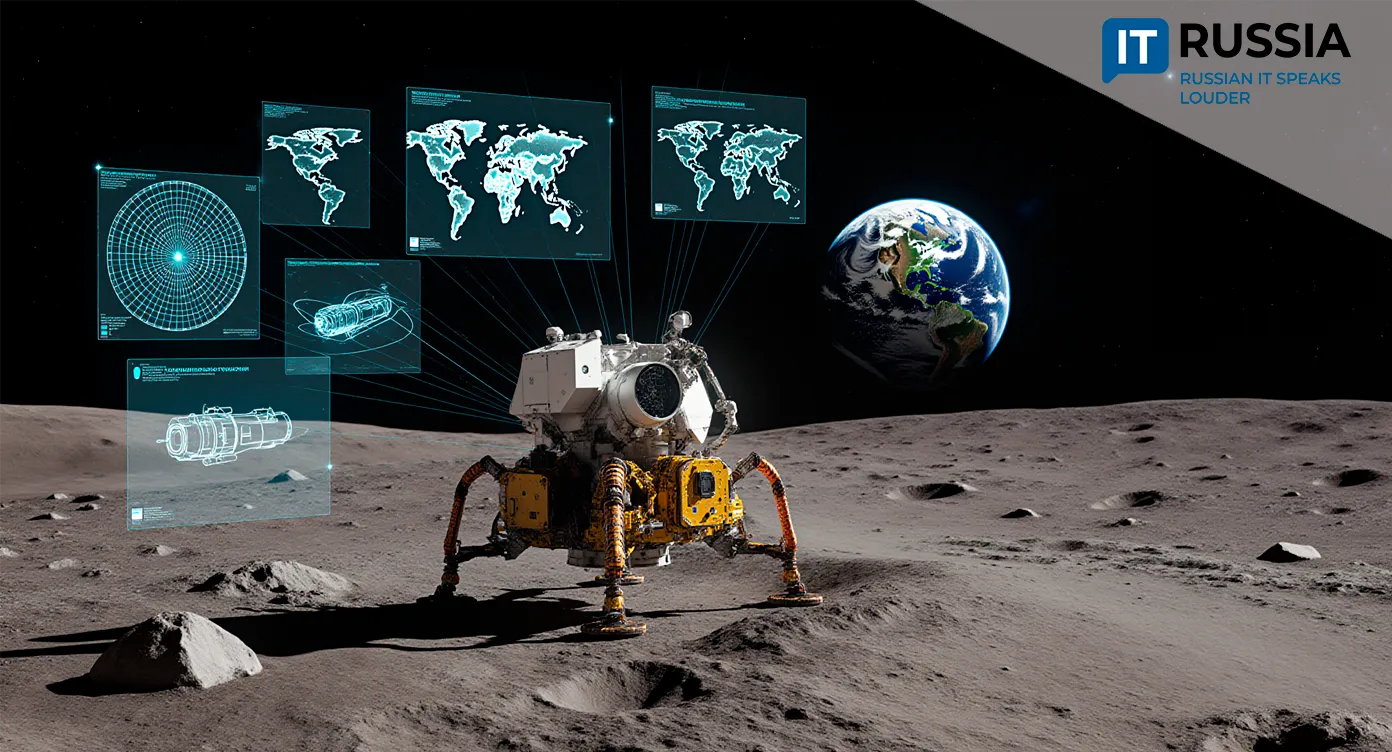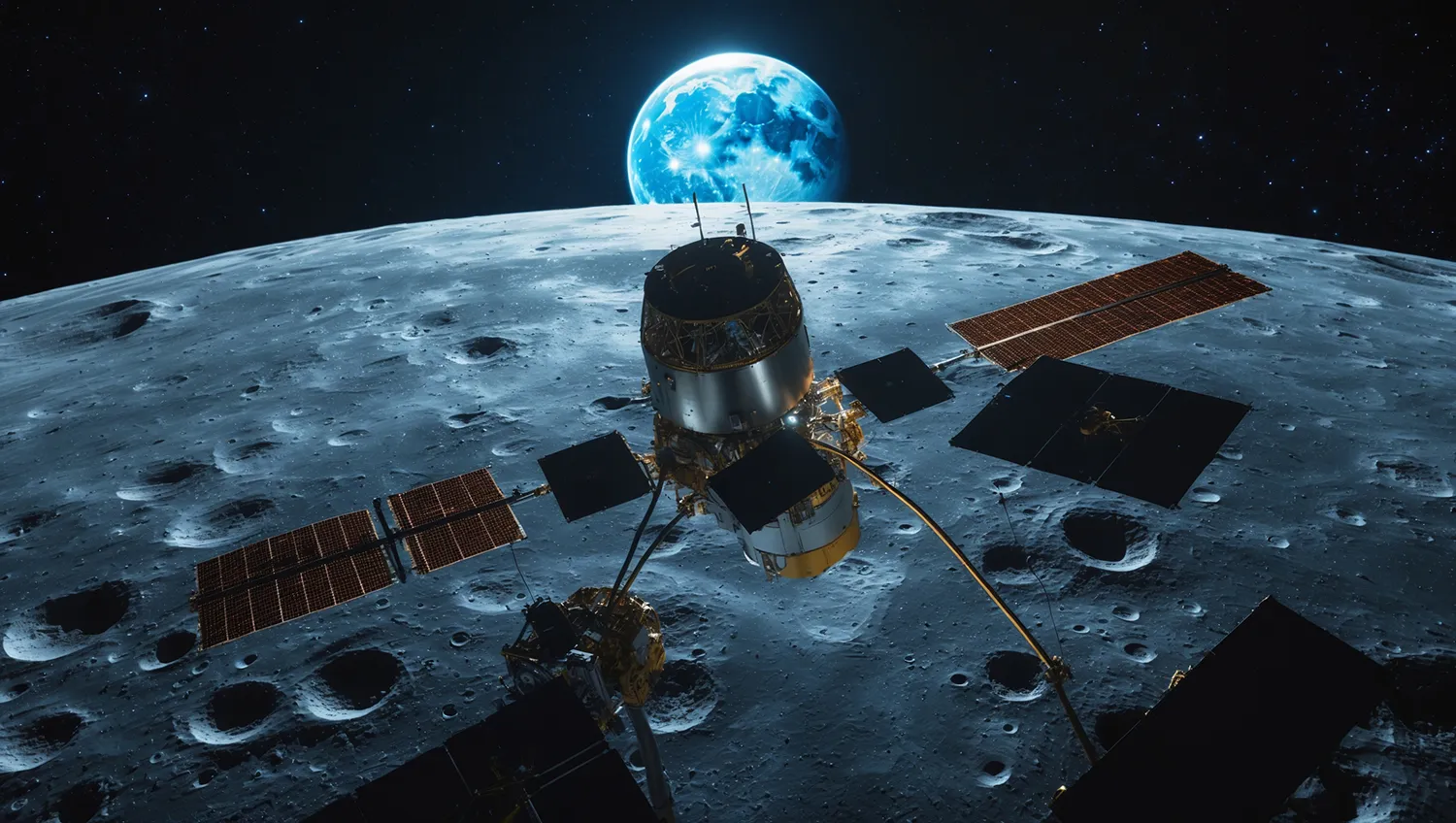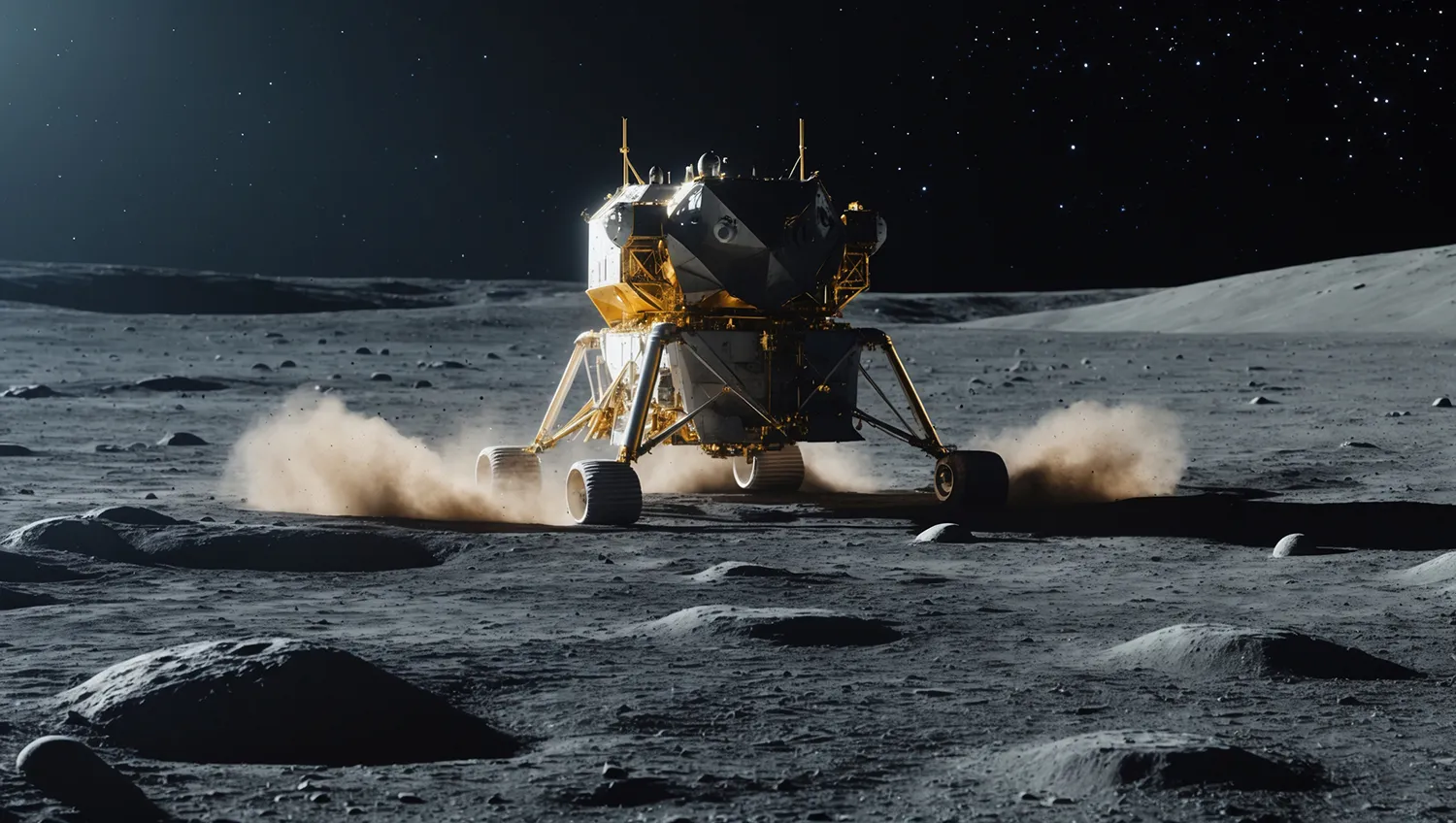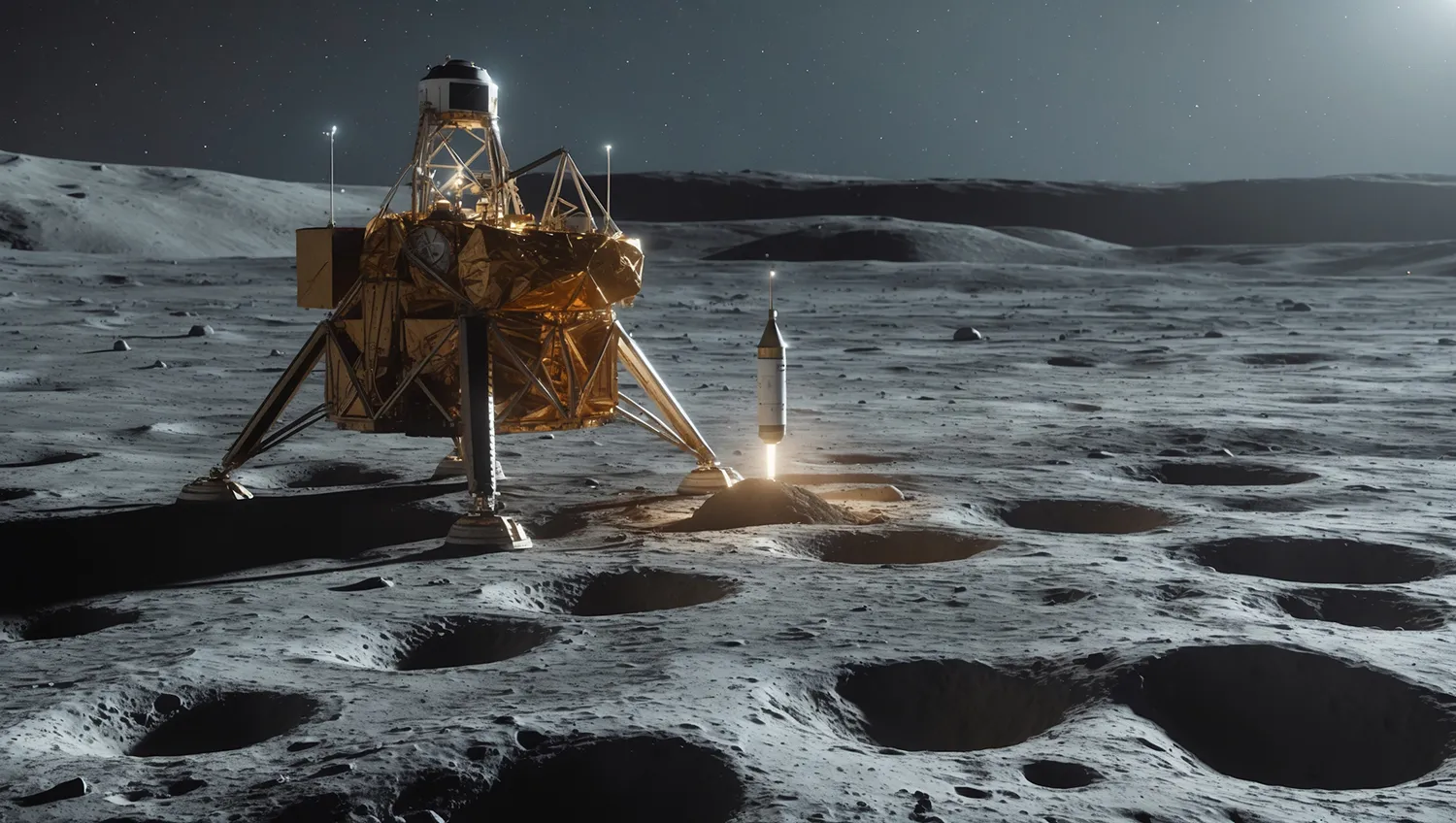Russia Returns to the Moon: Seven Steps to the Future
Russia has announced plans for seven robotic missions to the Moon under the federal program 'Space Science,' aiming to reshape lunar research and set the stage for long-term exploration by 2036.

Seven Missions, One Ambitious Plan
This is not fantasy, not just a dream—it is a concrete plan. By 2036, Russia intends to send seven automated missions to the Moon as part of its 'Space Science' program. In addition, 1,118 communications and Earth observation satellites are scheduled for launch. The project will receive about 4.4 trillion rubles (approximately $48 billion) in funding through 2036.
The first step is the 'Luna-26' orbiter, planned for launch in 2028. Its tasks include studying the Moon’s exosphere and gravitational field, along with performing detailed topographic mapping.

Science as the Driving Force
Orbital missions will be followed by landers—'Luna-27A' and '27B'—which are set to explore the Moon’s polar regions (it is still undecided which pole will be visited first). In the eternal shadows of these craters, deposits of water ice may be found, a crucial resource for future lunar bases. Ice could be used for drinking water, oxygen for breathing, and hydrogen and oxygen for rocket fuel.
The program’s highlight is 'Luna-28,' which aims to return soil samples to Earth with volatile compounds preserved. Far from being just 'rocks in a bag,' these samples could drive breakthroughs in planetary science and technology on a global scale.

Challenges as Catalysts
The crash of 'Luna-25' in 2023 made it clear that returning to the Moon demands precision and patience rather than speed. Timelines may shift, especially as sanctions complicate access to components and import substitution takes time. Paradoxically, such obstacles often serve as catalysts, spurring the development of new materials, thermal regulation systems, navigation, and communications technologies.
Equally important, these projects inspire students to pursue STEM careers, strengthen Russia’s engineering schools, and reaffirm the nation’s status as a space power capable of shaping the global scientific agenda.
Why It Matters—for Russia and the World
Lunar exploration promises scientific insights, technological advances, access to rare resources, and a proving ground for technologies needed for deep-space missions. The Moon offers opportunities as a laboratory, a resource hub, and a test site for international ventures to Mars. At a time of dwindling resources on Earth, it represents a new frontier for research and economic growth.

By committing to this program, Russia reinforces its position as a leading space power and enhances its standing on the global stage, entering into direct competition with the United States, China, and other nations pursuing lunar exploration.










































